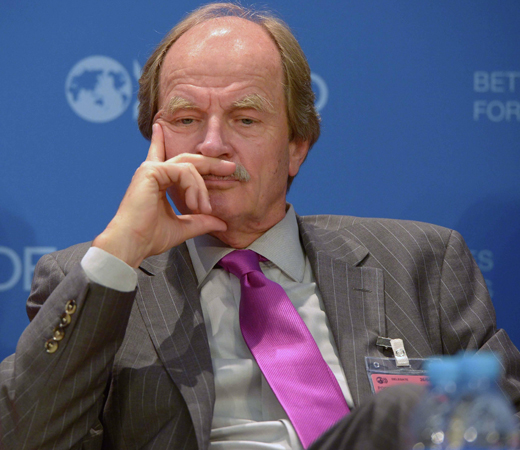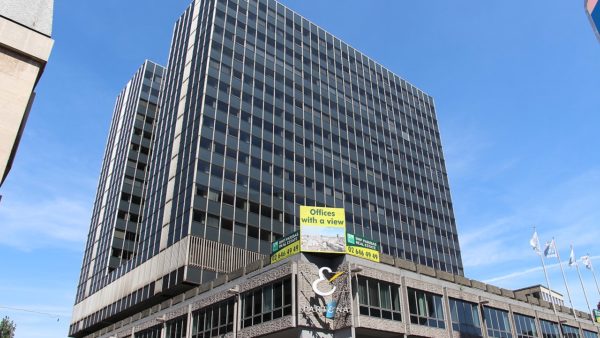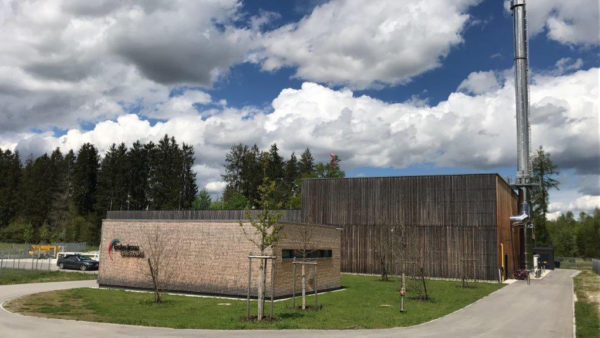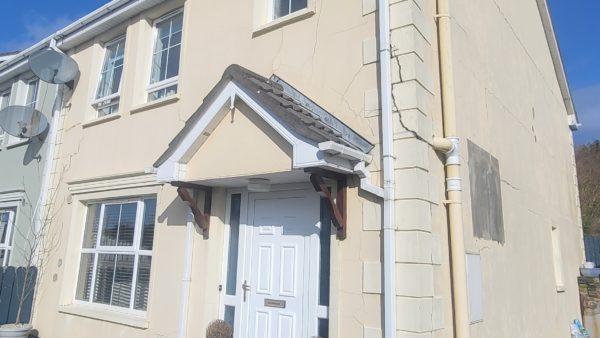8 July 2013
A global initiative to reduce corruption in the construction industry needs $20m over the next three years to continue its work. Michèle Bacchus reports.
When a team of anti-corruption monitors looked into a major bridge project in Guatemala, they found irregularities and key project information being kept from public view.
So they told the government about it, and the $4.4m contract was annulled.
Such is the potential power of a new initiative, called CoST, which aims to improve the value for money spent on public infrastructure by tracking government projects and putting information into the public domain.
Short for the Construction Sector Transparency Initiative, CoST started last year with $1.5m in funds from the World Bank. But that money runs out in December 2014 and CoST is now seeking $20m to continue its work.
Christiaan Poortman, chair of the CoST board, told GCR they needed $6m to extend the existing eight country programmes, and $8m to establish 14 new country programmes between now and the end of 2015. The rest would help the CoST secretariat support the countries.
CoST works by creating groups of public project monitors from government, private sector and civil society organisations. These groups seek disclosure of 31 indicators tracking all stages of the project cycle.
In a letter to G8 world leaders, senior construction industry figures including Arup, Skanska, CH2M Hill, plus membership organisations such as the CIOB and the ICE, said that a lack of further financial support would be “a great missed opportunity”.

Christiaan Poortman, chair of the Construction Sector Transparency Initiative, at the G20 anti-corruption conference in April 2013 (Credit: G20.org)
They said CoST should be given the chance to achieve its potential, especially since new countries were eager to join. South Africa, Malawi and the Ukraine have already requested to join and last month, El Salvador joined. Mexico hopes to join later this year.
Mr Poortman said joining CoST can take up to 18 months, depending on a country’s ability to capture, analyse and communicate project data.
“The bulk of the money actually goes towards the disclosure or making available of data so state agencies can put the data in a format in which it can be released and then actually published,” he said.
He added that he was “amazed” at how interested private companies were in the initiative. In some cases, as with Mexico, the initial request for CoST has come from the private sector, not government.
“It’s pretty clear that if we don’t have the funding we can’t be as active as we want to be,” he said. “Those countries that need significant amount of support to get themselves started in terms of technical training and guidance will no longer be able to count on the services of the secretariat.”
When a country wants to join, CoST carries out a baseline survey to gauge its existing level of transparency.
Mr Poortman said these surveys so far have shown that the amount of information disclosed is significantly less than what the country’s law already requires.
Petter Matthews, director of CoST International Secretariat, spelled out the consequences if more funding is not found. “If we don’t raise additional funds in the next six to nine months, we will have to reduce the scope of the programme,” he said, adding: “We would find it hard to admit new countries… and the degree of support that we could offer… will be seriously reduced.”
Where the $20m is to come from, Mr Poortman didn’t say. There may be a glimmer of hope on the horizon in the shape of a bilateral donor which may contribute $1.3m to the cause over a four-year period.
More information at the CoST website






